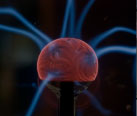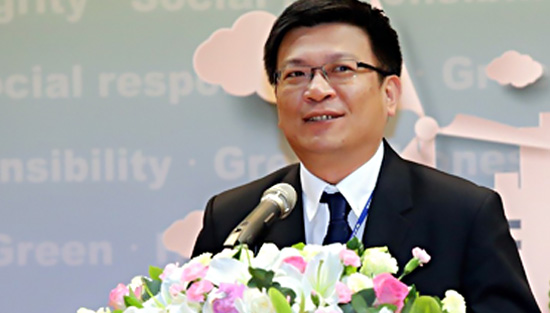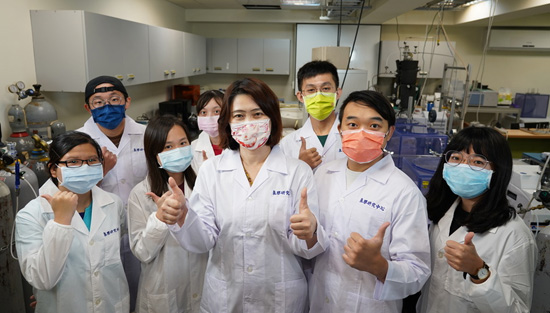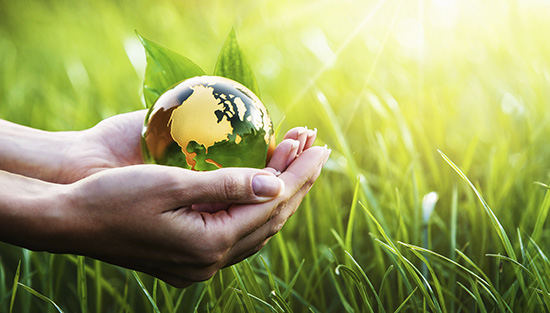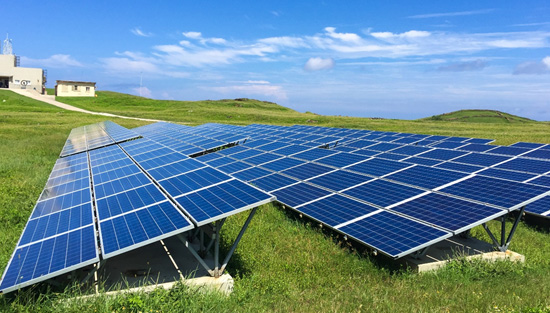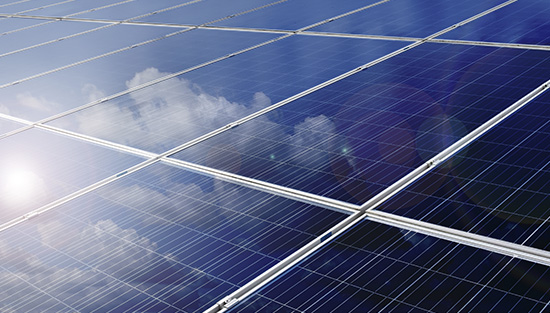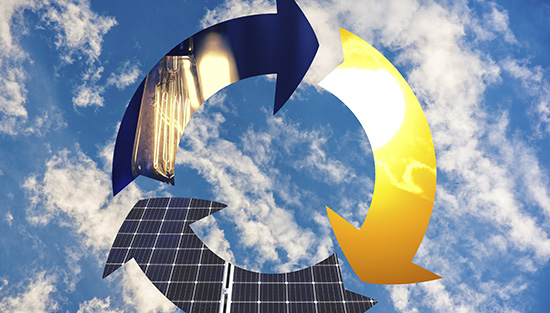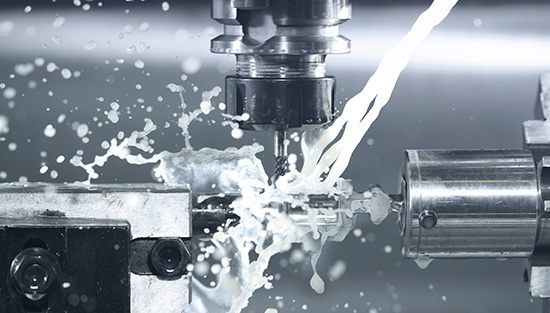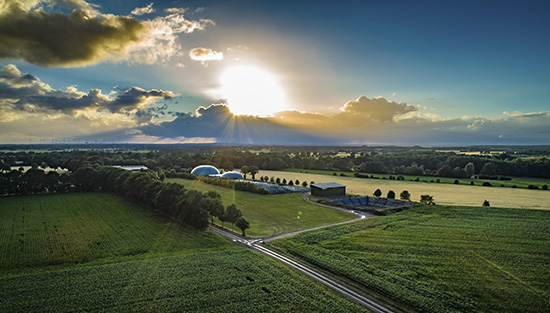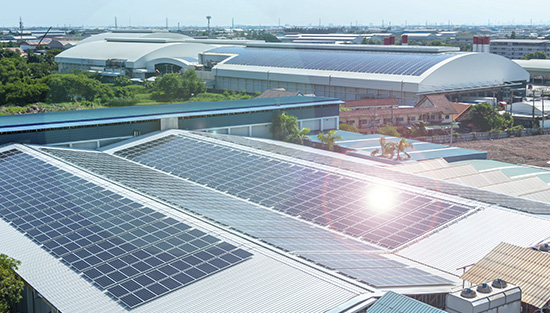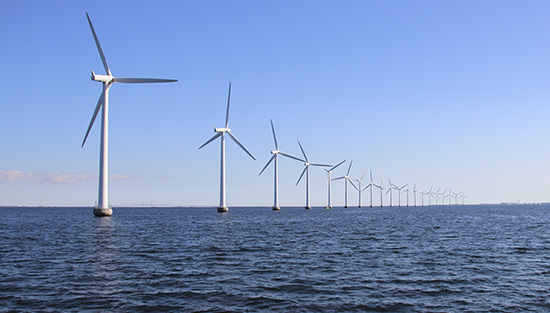
-
 MOST GASE X ECCT LCI Green in TechNovember 19, 2021Climate change is an inevitable and urgent global issue. Going green to reduce carbon footprint is of concern to everyone.... Read More
MOST GASE X ECCT LCI Green in TechNovember 19, 2021Climate change is an inevitable and urgent global issue. Going green to reduce carbon footprint is of concern to everyone.... Read More -
 Projecting Future Climate Change: Development of Taiwan Climate Modeling SuitNovember 10, 2021In view of fast global environmental change and the threat... Read More
Projecting Future Climate Change: Development of Taiwan Climate Modeling SuitNovember 10, 2021In view of fast global environmental change and the threat... Read More -
 Developing Treatment Options for Vascular Dementia --- Taiwan Research Team Stimulated Mouse Brain for Neurogenesis by Ultrasound, Published in the Journal eLifeNovember 2, 2021The Ministry of Science and Technology (MOST) is dedicated... Read More
Developing Treatment Options for Vascular Dementia --- Taiwan Research Team Stimulated Mouse Brain for Neurogenesis by Ultrasound, Published in the Journal eLifeNovember 2, 2021The Ministry of Science and Technology (MOST) is dedicated... Read More
In 2016, in order to slow down the rise in global temperature, the United Nations member states signed the Paris Agreement to achieve net-zero emissions by 2050 and to control global temperature to a level well below 2°C or even close to 1.5°C compared to the pre-industrial era. The Intergovernmental Panel on Climate Change (IPCC) Report published in 2018 even recommended that global carbon emissions should be reduced by nearly half by 2030 and reach net zero emissions by 2050(IPCC, 2018). In the circumstances...Read More
The Development of Green Energy Technology and the Circular Economy in Taiwan
As the global impact of climate change intensifies, and the rapid development of science, technology, and the global economy has resulted in spiking demands for resources, we are battling both natural resource over-exploitation and mounting environmental damage. Taiwan currently relies on imports for more than 90% of its energy, fertilizer, feed, and 60% of its food. In order to enhance energy autonomy, reduce dependency on imported energy, and move toward recycling and recovery of resources, Taiwan is dedicated to the development and promotion of renewable energy and green energy technology to mitigate the impact on the weather and environment – all of these efforts are made to establish a circular economy.
This month's e-newsletter takes the “green energy technology and circular economy” as its theme. An introduction to the field of “green energy technology” covers the advanced research and industrial development of energy harvesting, energy conservation, and smart power networks, including (1) an intelligent controlled microgrid that increases the penetration rate of renewable energy resources; (2) TOPCon photovoltaic technology that offers improved efficiency, higher return on investment, and a shorter payback period; (3) application of the lightest solid on earth, aerogel with nano-pores, which has extremely low thermal conductivity and low dielectric constant, as energy-saving technology; and (4) an effective industry, government, academic, and research institute cooperation model for solar photovoltaic research and development. The section “circular economy” introduces the prospective research and industrial development in the fields of animal husbandry, batteries, and bio-metal processing oil in the circular economy, including (1) the innovation technology of recycling and sustainable materials; (2) ESG practices and competitive advantage for bio-based metalworking fluid development; (3) industrial and agricultural waste applied to the development of lithium-ion batteries; and (4) the first circular economy livestock farm in Taiwan.
Green energy technology is the key to driving energy transformation and energy sustainability. Taiwan’s efforts in green energy development are successfully expediting the industrial upgrade. Through vigorous development of the circular economy, we anticipate the unlock of net-zero transformation and social responsibility of Taiwan’s industries, and to move towards net-zero emissions in step with the world, and fulfill the promises of environmental sustainability.

Editor in Chief
Ying-Shao Hsu (National Taiwan Normal University)

Guest Editors
Hsieh-Lung Hsu (National Central University)
Ta-Ren Yen (National Tsing Hua University)
